It’s hard to think about traveling right now. The novel coronavirus is closing borders, spreading fear along with contagion, and killing people. Even leaving the house is a major risk that wise governments are advising its citizens not to take, creating a miasma of uncertainty, dread, and grief that we are all collectively walking through.
Carried back to East Africa by my recollections, it occurs to me: Maybe Rwanda is the answer to the fear that defines us right now. After all, my time in Rwanda was so safe—I remember it being so clean—yet the only question anybody wanted answered before was, aren’t you scared?
While I never have a good answer to that question, I’m asked it all the time. Before the novel coronavirus suddenly changed everything, Belize had a travel advisory rooted in the small sample size of its population (rather than an actual risk of danger as a tourist), getting pickpocketed in Europe defined my time backpacking there, and, frankly, flying to Florida presented the risk of encountering a mass shooter—the same thing I feared from visiting any state in my home nation. There’s nowhere in the world I’d consider to be truly risk-free, except maybe Iceland, but even then it’s not like I’m about to move to a remote island just to avoid a vague definition of risk.
Fear is human. Fear is the feeling that reminds us we’re mortal, and that that mortality cannot be taken for granted. So I say, live while you’re alive. Fear can’t be defeated, but it can be translated into something more useful, like excitement.
When it comes to Rwanda, there’s nothing to fear, but there is a lot to be excited about.
Yes, 25 years ago Rwanda perpetuated and endured one of the most horrific genocides in history, an estimated one million lives taken in the span of 91 days. Neighbor against neighbor, friend against friend, the cruelty and ensuing suffering remains unimaginable for those of us who weren’t there, and traumatic for those who were.
That’s why I was grateful to visit the Genocide Memorial in the capital city of Kigali. I was 4 or 5 when the genocide took place, so my awareness of Rwanda was limited to news coverage in the years that followed: starving babies, refugee camps, and overall sadness. On the cusp of actually going to Rwanda I learned that what I knew about the country wasn’t a factor of my youth, but of media coverage. Everyone who asked me if I was scared to go had internalized the same story I’d grown up with, that Rwanda was a troubled, dangerous place.
But when I took part in umuganda, the monthly day of service in which all Rwandans drop what they’re doing to focus on community projects like building roads or helping the elderly, trouble and danger were the opposite of the communal mood. Instead, as we shoveled a new road into existence, people from all walks of life sang, danced, and laughed—not to make the work go by faster, but because they were having such a good time. They were happy to be socializing, and I was grateful for the opportunity to witness it.
Umuganda is one of the many strategies that was implemented following the genocide to keep that kind of conflict from ever happening again and, 25 years later, Rwanda is defined by its friendliness, its hospitality, and its commitment to the future. Poachers have been given jobs in tourism and animal populations are thriving for it.
And when you’re in the midst of mountain gorillas yourself, catching your breath because of the altitude and the magic, it’s hard not to be grateful for those who had the foresight to design the country with these incredible resources in mind. It’s hard enough to find international leaders that prioritize the planet in any way, let alone enough to see an endangered primate species rebound into a place of true hope.
I burst into tears after about 20 minutes in the midst of gorillas. An infant was gently cuddling its mother’s breast, smiling and contented just like its mom, and that simple moment created an intensity of connection unlike anything I’ve experienced before. I still can’t explain it, but I accept that in the moment, we were all one beating heart. And I could only feel that because of everything Rwanda has done to rise from the ashes.
Of course, I would be thinking about the moment as my own country is given the opportunity to show what it’s made of. Can America come together in tragedy, or is this the end for us? I don’t have the answers, but I do know what it looks like when people decide to be part of their community. I want that for us.
I want what Rwanda has figured out for the entire world.




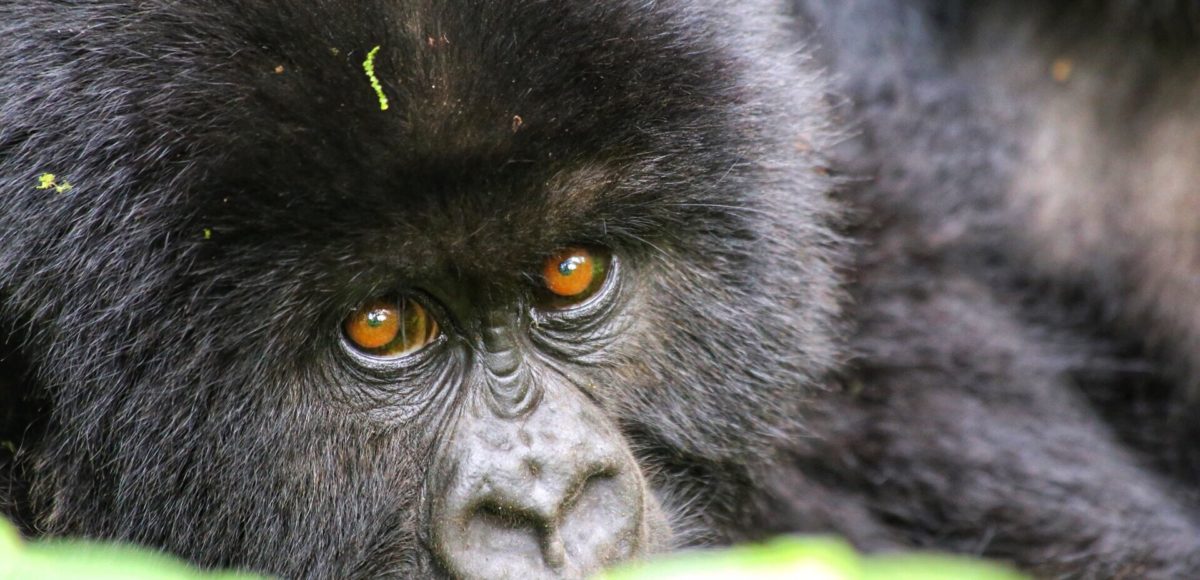
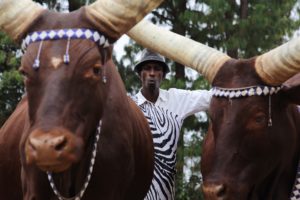

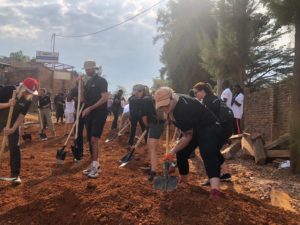
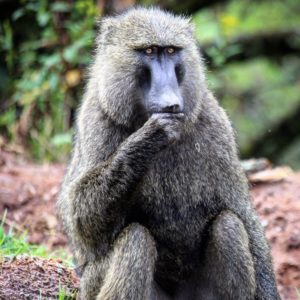
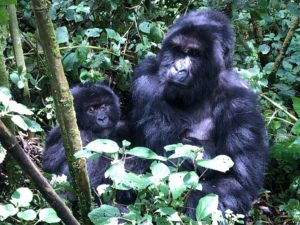
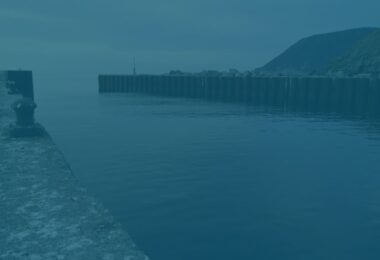
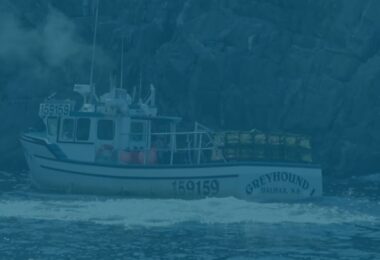
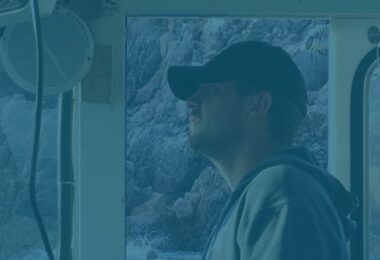
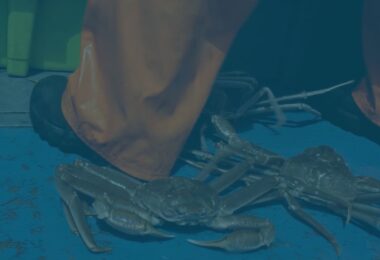

Craig Dodson | March 31, 2020
|
I want the author, who is young, to appreciate the value of her words. A simple article like this has real meaning to many in sometimes unexpected ways. Messages of hope and humanity, written without finger-pointing and bias, are what this world needs right now. Thank you. // I was a young 1st Lieutenant, stationed in Budingen, Germany. I was an Armor Officer in the Cavalry, whose primary mission was reconnaissance. While serving a year on a Brigade staff, I was deployed as part of Operation Support Hope. When we landed, the airport was empty and riddled with bullet holes. A Russian mig sat in a deserted hangar. When we went into the lobby, it was clear that there had been conflict inside the building. The centerpiece was a large taxidermied elephant, riddled with bullet holes. As our small contingent stood in shocked silenced, the first words spoken to me came from my Master Sergeant, who said, “Damn, Sir, they didn’t even spare the f****ing elephant!” We laughed hysterically because it was all we could do to deal with the shock. What we saw was more than I care to discuss. Thank you for this article. At the time, we thought we were doing no good and the world truly didn’t care about this place. Articles like this are validating. Another gem from my MSG while staring at the Rwandan mountains, “Sir, this place would be beautiful if it wasn’t such a shithole.”